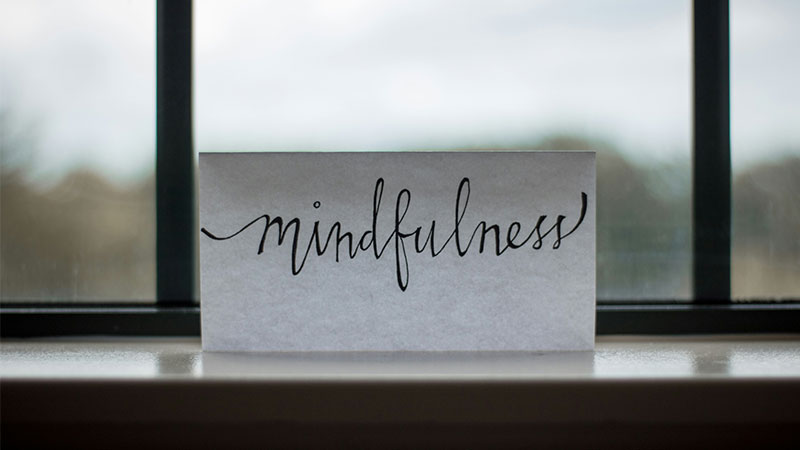News and Articles from Collaborative Counselling
Stay up to date with the latest news and articles of interest from Collaborative Counselling.
Covid 19 and Positive Change
February 13, 2021
We’ve never experienced a year quite like this past one and if 2020 has taught…


